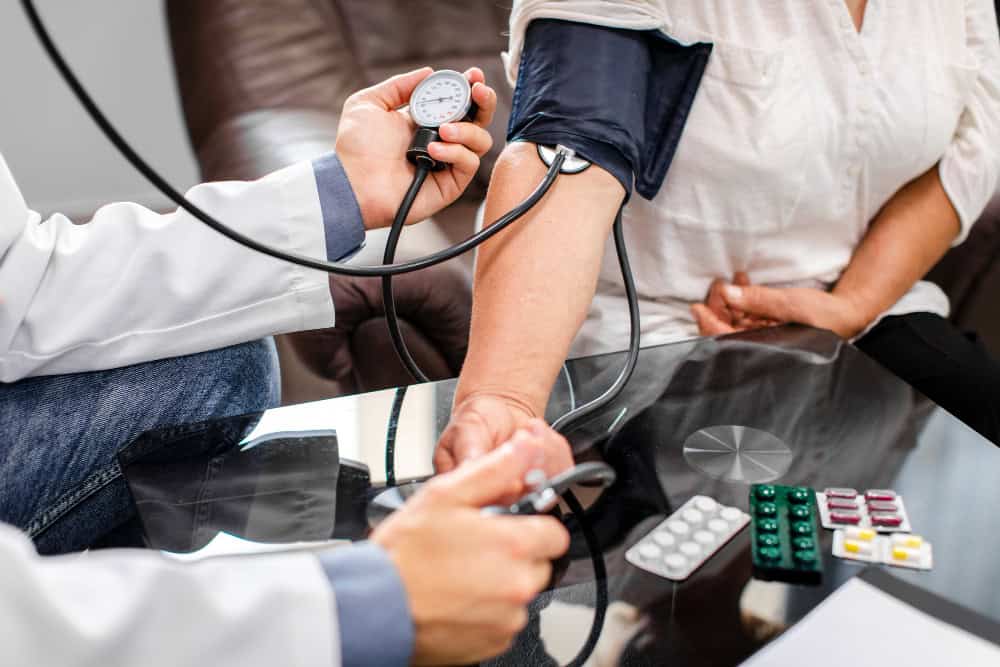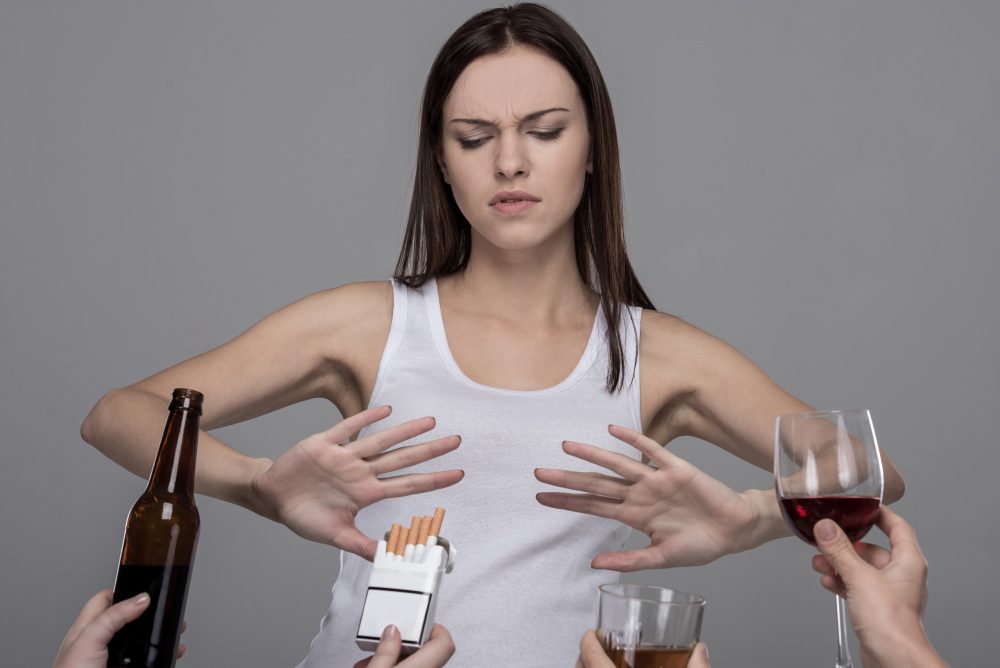
Blood pressure fluctuations, both high and low, can impact your health. With today’s lifestyle, high blood pressure (hypertension) affects around 1.4 billion adults worldwide between 30 to 79 years of age. [1] And a recent study found that about 22.6% of Indian adults are hypertensive, with a higher prevalence in men (24.1%) than women (21.2%). [2] While low blood pressure (hypotension) is often under-recognised, it can cause dizziness, fatigue, and fainting, affecting daily life. What is more alarming is that control and awareness are still low, despite the ongoing situation.
Read more about New Blood Pressure Guidelines!
If you are on blood pressure medicines or considering them, you should have proper knowledge about them. In this article, you will learn about the 7 essential dos and don’ts you need to know about blood pressure medicines. Making your treatment safer, effective, and more sustainable.
Understanding Blood Pressure and Blood Pressure Medicines

High blood pressure or hypertension occurs when the force of the blood against your artery walls stays consistently too high (130/80 or even higher), whereas low blood pressure or hypotension occurs when the force of the blood against your artery walls stays consistently too low (90/60 mm Hg), and many people realise they have it when the damage has already started.
That’s where blood pressure medicine comes in. They include several classes, each working differently; some help the body remove extra salt and water, and others can relax blood vessels or slow the heart rate. Many people rely on medications to keep their blood pressure in check. While these medications can be lifesaving – reducing your risk of many diseases – they are dependent on how you take them, when you take them, and what you combine them with. Because of their varying mechanisms, the tips below apply broadly across classes, though you should always check with your doctor about your specific drug.
7 Do’s When Taking Blood Pressure Medicines

1. Consistency Is Important
Take your medicine at the same time every day, as it can help maintain stable blood pressure levels. Choose a convenient time – morning or evening – as advised by your doctor.
2. Monitor Your Blood Pressure Regularly
Keep a home blood pressure monitor and log readings. This can help your doctor track progress and adjust your dose if needed.
Get A Home Blood Pressure Monitor Just In A Click!
3. Inform Your Doctor About All Medicines And Supplements
Some painkillers or herbal supplements may interfere with blood pressure medicines. Always discuss these with your doctor.
4. Stay Hydrated
Dehydration can worsen low blood pressure, while proper hydration supports medication effectiveness for hypertension.
5. Follow Your Doctor’s Prescription Strictly
Never change or adjust the dosage on your own, even if you feel fine. Always consult your doctor, as both high and low blood pressure can worsen if medicines are skipped or doubled.
6. Maintain A Healthy Lifestyle
By including healthy habits in your lifestyle, you can complement the medication therapy, resulting in better treatment results.
7. Schedule Regular Health Check-ups
Regular health check-ups allow timely dose adjustments, side effect management, and prevention of complications.
7 Don’ts When Taking Blood Pressure Medicines

1. Don’t Stop Medications Abruptly
A sudden stop in the medications can lead to rebound hypertension or dangerously low blood pressure, depending on the medication type.
2. Avoid Self-Medication
Using someone else’s prescription or changing your dose based on how you feel should be avoided.
3. Say No to Alcohol or Smoking When On Medication
Both alcohol and smoking can alter drug effectiveness, increase blood pressure variability, and strain the heart.
4. Never Rely Only On Medicines
Medications are a part of a broader approach that includes diet, stress management, exercise, and sleep.
5. Do Not Skip Doses
Skipping medication in case of hypertension can spike blood pressure, whereas in case of hypotension, it can trigger fainting or dizziness.
6. Ignoring Side Effects Can Be Harmful
Report symptoms like leg swelling, dizziness, and persistent fatigue immediately. So that the doctor can adjust the dose or switch medication before it is too late.
7. Processed Foods or Salt Overconsumption (Only For Hypertensive Patients)
Excess sodium can reduce the effectiveness of hypertension drugs and worsen fluid retention. Change to low-sodium salt options or reduce your overall salt intake.
Best Practices & Tips to Maximise the Effectiveness

- Watch for salt load, as many Indian packaged foods, sauces, and pickles have it. Avoid in case of high blood pressure and add in case of low blood pressure.
- Stay hydrated, as both excess and too little can be harmful.
- Be cautious with alcohol, as it can magnify blood pressure drops or interact with medication.
- When you travel, keep in mind the timings and maintain the same time relative to your usual schedule.
- Store medications properly, in a cool, dry place away from direct sunlight and moisture.
Why Do’s & Don’ts Matter?

Taking blood pressure medicines correctly is not just about numbers on the machine. When done right, you:
- Minimize side effects and drug interactions
- Reduce risk of heart attacks, strokes, and kidney damage
- Improve your quality of life with a lesser amount of symptoms like fatigue and dizziness
- Empower yourself to be an active partner in your health
Misuse and neglect can bring dangerous fluctuations, organ damage, or mistaken beliefs that medicines don’t work, leading to unnecessary dose escalation.
Final Takeaway
Blood pressure medicines can manage both high and low blood pressure, yet their full benefits are only realized when combined with regular monitoring, lifestyle adjustments, and adherence to medical advice.
By understanding your medications, following the 7 dos and don’ts, and maintaining a healthy routine, you can prevent complications. Remember, both extremes of blood pressure – too high or too low – can affect your health. Your commitment to proper medication use and healthy habits is the key to a long and healthy life.
FAQs
Q. What is not allowed for a person who has high blood pressure?
A person with high blood pressure should limit excess salt, avoid processed foods, smoking, excessive alcohol, sudden heavy exertion without guidance, and skipping medications, as all can spike the blood pressure.
Q. Can lack of sleep raise blood pressure?
Yes, poor sleep can elevate blood pressure and increase heart strain; conversely, very low blood pressure may also worsen with dehydration or irregular sleep patterns.
Q. What is uncontrolled hypertension?
It occurs when blood pressure remains above target levels despite lifestyle changes and medications, increasing the risk of major complications like heart attack, stroke, and kidney problems, and for low BP, fainting and persistent fatigue.
Q. Should I walk if my blood pressure is high?
Yes, moderate physical activity like walking is beneficial for high blood pressure, but avoid it during spikes. For low blood pressure, light activity is also recommended, as it can prevent dizziness, but always monitor symptoms.
Q. What are the warning signs of high or low blood pressure?
Headaches, blurred vision, chest discomfort, or sometimes nosebleeds may indicate very high blood pressure. Low blood pressure signs may include extreme fatigue, dizziness, fainting, or rapid heartbeat.
References
1. World Health Organization: WHO, World Health Organization: WHO. Hypertension. https://www.who.int/news-room/fact-sheets/detail/hypertension. Published September 25, 2025.
2. Mohammad R, Bansod DW. Hypertension in India: a gender-based study of prevalence and associated risk factors. BMC Public Health. 2024;24(1). doi:10.1186/s12889-024-20097-5
(The article is written by Sneha Jajoo, Intern, Clinical Health & Content, and is reviewed by Dr.Subita Alagh, Assistant Team Lead, Disease Content.)
Recommended Reads
Before You Pop That Thyroid Medicine: 7 Things to Keep in Mind